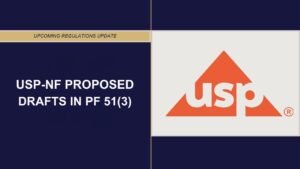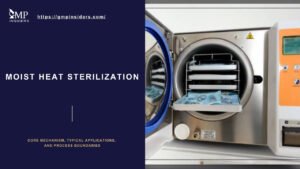The U.S. Food and Drug Administration (FDA) has issued a warning letter to Sani-Care Salon Products, Inc., based in Cartersville, California, after a four-day inspection from October 31 to November 3, 2023.
The inspection revealed significant violations of Current Good Manufacturing Practice (CGMP) regulations for finished pharmaceuticals. Due to the severity of these violations and the company’s inadequate response to the initial findings, the FDA has taken this enforcement action to ensure compliance and protect public health.
Insanitary Conditions
The FDA classified the products manufactured by Sani-Care as potentially contaminated due to the unsanitary conditions observed at the facility. Inspectors found the manufacturing environment to be poorly maintained and inadequately cleaned. Specific issues included:
- Water System Failures: The water system used in drug production was not adequately validated, and there were no procedures in place to monitor and evaluate water quality.
- Lack of Proper Cleaning Procedures: There were no cleaning verification and validation studies for both pharmaceutical and nonpharmaceutical products, and the equipment maintenance protocols were insufficient.
Inadequate Quality Control Unit
The quality control unit (QU) at Sani-Care failed to ensure that drug products met the required specifications for identity, strength, quality, and purity. Key deficiencies included:
- Inadequate Process Monitoring: Batch production records did not document every critical step, compromising the traceability of the manufacturing process.
- Lack of Stability Studies: The company did not conduct necessary stability studies to determine expiration dates for their products and failed to label products with expiration dates.
Inadequate Laboratory Testing
The FDA found that Sani-Care did not perform necessary laboratory tests to verify that their products met final specifications. Specific shortcomings included:
- Absence of Identity, Strength, and Impurity Testing: Critical tests for finished products were not conducted, and there was a failure to test for microbiological attributes such as total counts and objectionable microorganisms.
Inadequate Testing of Incoming Components
Sani-Care failed to verify the identity and quality of incoming components used in drug production. Notable issues included:
- Unverified API Suitability: The company relied on supplier certificates of analysis without independent validation and used active pharmaceutical ingredients (APIs) past their expiration dates without appropriate testing.
Recommendations for Corrective and Preventive Actions for the Warning Letter
To address these violations, Sani-Care Salon Products, Inc. must undertake comprehensive corrective and preventive actions. Here are practical and engaging tips to help resolve these issues:
Insanitary Conditions
Insanitary conditions were a significant concern during the FDA inspection. To rectify these issues, the following corrective and preventive actions can be implemented:
Corrective Actions
1. Water System Validation
- Conduct a comprehensive validation of the water system used in drug production.
- Develop and implement procedures for ongoing monitoring and evaluation of water quality, including regular testing for microbial and chemical contaminants.
- Train relevant personnel on the importance of water quality and the procedures for maintaining it.
2. Cleaning Procedures
- Establish and validate cleaning procedures for all equipment and facilities.
- Develop standard operating procedures (SOPs) for cleaning and maintenance of both pharmaceutical and nonpharmaceutical products.
- Schedule regular cleaning and maintenance activities and document them accordingly.
RELATED: Cleaning Validation
Preventive Actions
1. Regular Audits
- Schedule and conduct regular internal audits to ensure compliance with cleaning and water quality procedures.
- Implement a corrective action plan for any issues identified during audits.
2. Continuous Training
- Provide ongoing training for staff on proper cleaning techniques and the importance of maintaining sanitary conditions.
Inadequate Quality Control Unit
The quality control unit (QU) was found to be inadequate in ensuring that drug products met the required specifications. To address these deficiencies, the following corrective and preventive actions are recommended:
Corrective Actions
1. Process Monitoring
- Develop and document comprehensive batch production records that capture every significant step in the manufacturing process.
- Implement real-time monitoring of critical process parameters to ensure consistency and compliance.
2. Stability Studies
- Conduct thorough stability studies for all products to establish accurate expiration dates.
- Ensure that all products are labeled with their correct expiration dates based on stability data.
Preventive Actions
1. Enhanced Documentation
- Regularly review and update documentation practices to ensure accuracy and completeness.
- Implement a document control system to manage and track all quality-related documents.
RELATED: Good Documentation Practices
2. Quality Oversight
- Empower the quality control unit (QU) with the necessary authority and resources to oversee production activities effectively.
- Schedule regular training sessions for QU staff on CGMP requirements and best practices.
Inadequate Laboratory Testing
The FDA identified significant shortcomings in laboratory testing procedures. To address these issues, the following corrective actions could be implemented:
Corrective Actions
1. Testing Protocols
- Develop and implement comprehensive testing protocols for each batch of drug products, including tests for identity, strength, impurities, and microbiological attributes.
- Ensure all testing is conducted before releasing products to the market.
2. Method Validation
- Validate all test methods to ensure their reliability and accuracy.
- Document validation processes and results comprehensively.
RELATED: Analytical Method Validation
Preventive Actions
1. Continuous Improvement
- Establish a system for regular review and improvement of testing methods and protocols.
- Encourage feedback from laboratory staff to identify and address potential issues proactively.
2. Laboratory Training
- Provide ongoing training for laboratory personnel to ensure proficiency in testing methods and adherence to cGMP requirements.
Inadequate Testing of Incoming Components
Deficiencies in testing incoming components were identified. To address these issues, we propose the following corrective actions:
Corrective Actions
1. Component Verification
- Develop procedures to verify the identity and quality of incoming components, including independent testing of supplier certificates of analysis.
- Establish a quarantine process for incoming materials until they have been tested and approved for use.
2. Supplier Qualification
- Implement a robust supplier qualification program to ensure all suppliers meet cGMP requirements.
- Conduct regular audits of suppliers to verify compliance.
Preventive Actions
1. Supplier Management
- Maintain an approved supplier list based on the qualification and audit results.
- Develop and implement a supplier performance monitoring system.
2. Component Testing
- Regularly review and update testing protocols for incoming components to ensure they remain effective and relevant.
Implementing these corrective and preventive actions can help Sani-Care Salon Products, Inc. address the FDA’s concerns, improve its manufacturing processes, and ensure its products meet the highest standards of quality and safety.
For more details on the FDA’s findings and to access the full warning letter, please visit the FDA’s official website.















